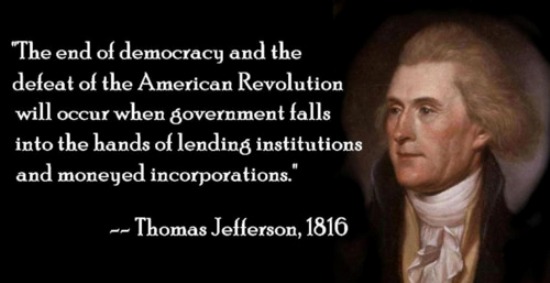
On election night, almost as soon as it was clear that the unthinkable had become a cold reality, Paul Krugman asked in the New York Times whether the US was now a failed state. Political scientists who normally study American democracy in splendid isolation are starting to turn their attention to Africa and Latin America. They want to know what happens when authoritarians win elections and democracy morphs into something else. The demagogue who promised to kill terrorists along with their families is moving his own family into the presidential palace. Even before he has taken up occupation his children are being seeded into positions of power. There he is on television, shiny and golden, his wife beside him and three of his children lined up behind, ready to take up what daddy has to offer. Here he is back on Twitter, unshackled by victory, rounding on his opponents in the free press. His ten-year-old son is still too young to join in, but he was by his father’s side on election night, looking hardly less bemused than the rest of us, as Trump delivered his notably conciliatory victory speech. Words of conciliation followed by the ruthless personal appropriation of the machinery of government, children in tow. Isn’t this how democracy ends?
It is not to belittle the crisis facing the American republic, and indeed the world, to say that these are the wrong questions. The US is not a failed state. How do we know? Because that’s what Trump said it was during the election campaign and he was lying. He portrayed his country as a place of failed institutions and widespread corruption, its inner cities racked with violence and its political class interested only in enriching itself. It would be a big mistake to think that he won because people believed him. Had they believed him they would hardly have voted for him: putting a man like Trump in charge really would spell the end for American democracy, because it would have left him free to do his worst. People voted for him because they didn’t believe him. They wanted change but they also had confidence in the basic durability and decency of America’s political institutions to protect them from the worst effects of that change. They wanted Trump to shake up a system that they also expected to shield them from the recklessness of a man like Trump. How else to explain that many people who reported themselves alarmed by the idea of a Trump presidency also voted for him? The Clinton camp made a basic error in choosing to target Trump’s obvious character flaws as the reason to keep him out of the White House. It’s not as if those flaws were hidden. For his supporters they were already baked in: harping on them did nothing except make it sound like the Democrats were crying wolf. If this guy were as dangerous as they say, would he really be a serious candidate for president? Yet he must be a serious candidate for president for them to be saying he’s so dangerous. QED he’s not as dangerous as they say.
This is the crisis facing Western democracies: we don’t know what failure looks like anymore and we have no idea how much danger we are in. The language of failed states doesn’t fit the present moment because it conjures up images that are completely inappropriate for a society like the contemporary United States. There will be no widespread civil conflict, no tanks in the streets, no generals on television announcing that order has been restored. Trump’s victory has been greeted with some haphazard protests around the country, accompanied by sporadic violence. Had he been narrowly defeated, and then refused to concede, the story might have been different. But even then I find it hard to believe that civic order in the US would have broken down. The violence would doubtless have been greater and much of it would have been hateful. But widespread armed resistance to the regime is still very difficult to imagine. The US is nothing like the societies where we know what happens when politics falls apart, including Europe in the 1930s, which is often held up as a warning for what might be around the corner. Contemporary America is far more prosperous than other states where democracy has failed in the past, however unequally that prosperity is distributed. Its population is much older. Civil disorder tends to happen in societies where the median age is in the low twenties; in the US it is close to forty. Its young people are far better educated, or at least educated for much longer. Its levels of violence, though high by 21st-century European standards, are low by any historical measure. Its frustrations are those of a country where all this is true and yet still things are going badly wrong. These are First World problems. That doesn’t make them any less serious. It just makes it much harder to find historical precedents for what comes next.
http://www.lrb.co.uk/v38/n23/david-runciman/is-this-how-democracy-ends
Related:
Humanity, Religion, Culture, Science, Peace
A Project of
Peace Forum Network
Peace Forum Network Mags
Books, Articles, Blogs, Magazines, Videos, Social Media
Over 3 Million visits/hits
Peace Forum Network
Peace Forum Network Mags
Books, Articles, Blogs, Magazines, Videos, Social Media
Over 3 Million visits/hits
